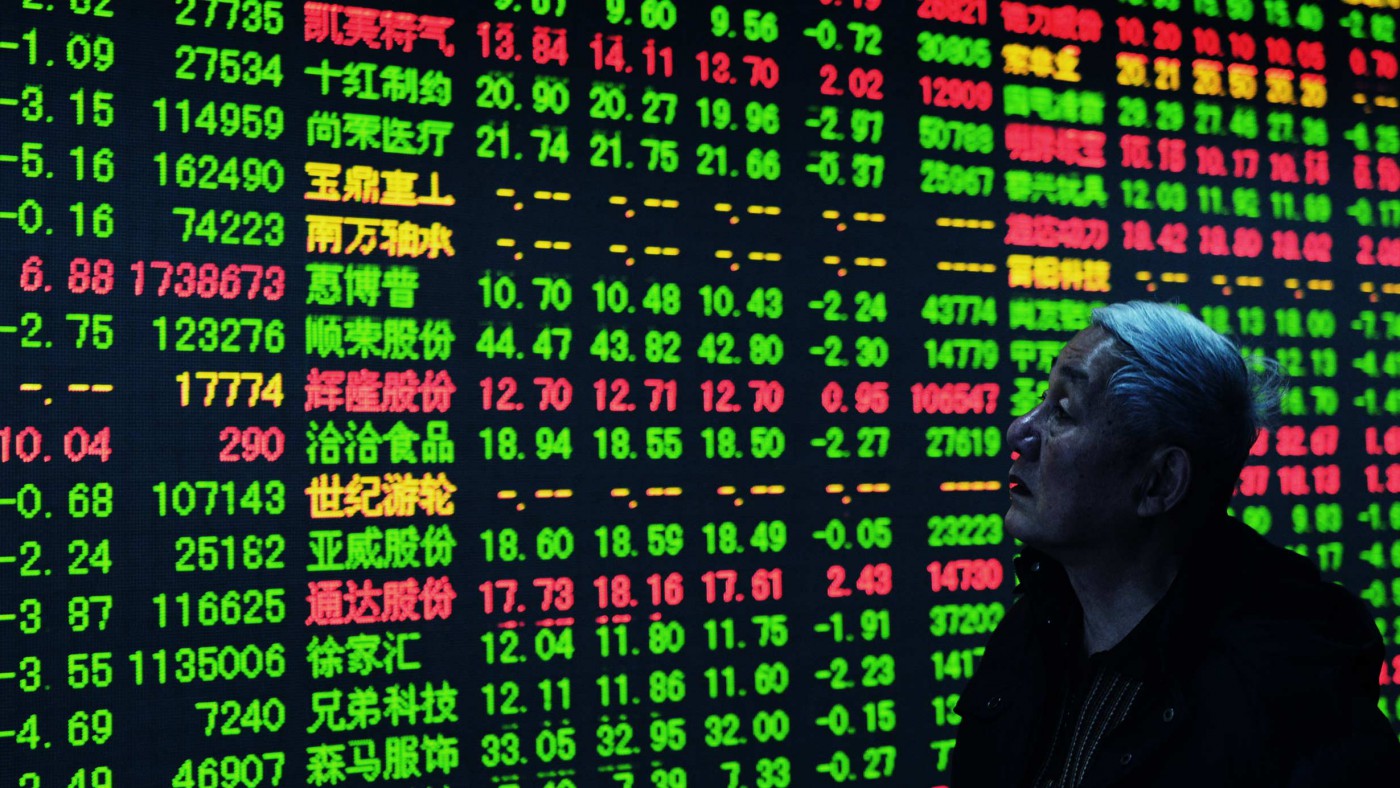The amount of political energy expended on Greece’s debt crisis is extraordinary if you consider the numbers. A country which owes under €250bn to international institutions, a paltry sum when stood next to a eurozone economy which measured €12 trillion last year, has stirred up an enormous amount of fuss over something that, had enough people bought into the idea of a single European polity, would have been settled five years ago.
Nevertheless, there are still concerns, despite the progress towards a eurozone-wide banking union, that Grexit could still cause trouble in financial markets. It’s important to put Greece in perspective, to see the wood for the trees. RBS Economics has produced a graph showing how global banks are 17 times more exposed to China than they are to Greece.
US banking sector exposure to Greece? $12bn. And China? Over $100bn #keepingitinperspective pic.twitter.com/bs1KGiXtjA
— RBS Economics (@RBS_Economics) July 3, 2015
Global leaders should have been paying more attention to events in the Chinese economy, which is showing all the dangerous signs of overextension. Private debt in China has rocketed from 60% of GDP to 200% in the space of five years, pumping huge amounts of credit into construction, heavy industry and housing. To put that in context, private debt in the US in the run up to the sub-prime mortgage crisis rose by just 45 percentage points, from 120% of GDP in 1997 to 165% before the crash.
Richard Vague has written a fascinating piece for the progressive journal Democracy on why rampant credit growth in China has parallels with Japan in 1991 and the United States in 2007:
“China, fueled by runaway lending, has produced far more housing, steel, iron, and a host of other goods than it knows what to do with, amassing unprecedented levels of overcapacity and, by my estimate, making a staggering $2-$3 trillion in problem loans in the process. And since GDP growth is more a measure of capacity being created than capacity actually needed, even China’s high rate of GDP growth, fueled almost entirely by continued ultra-high levels of lending growth, compounds rather than solves China’s fundamental overcapacity problem.
“Our 2007-08 meltdown was entirely foreseeable, despite claims to the contrary. It was not a “black swan” event. Examining the historical record leads to the conclusion that major financial crises can be anticipated so long as you’re on the lookout for the red flag of rapidly rising levels of private debt. If we are to avoid repeating history, we would do well to observe the Chinese predicament, understand its implications for the global economy, and apply lessons to our own economy.”
It is true that the commentariat does not focus enough on credit bubbles until they burst, instead concentrating on public deficits and debts which often rise as a consequence of them. And we should be talking more about the coming surge in UK household debt over the coming years and the likely consequences as Britain continues to struggle to pay its way in the world.
But if China is heading for a bust, the Beijing politburo, in seeking rapid development by picking off the low-hanging fruits of growth, will have questions to answer. The ability for China to grow at 10% a year for the best part of three decades is nothing short of remarkable, but what’s the point if much of that wealth creation is diminished because it’s tied up in cities no one wants to live in or in assets that no one needs? Despite the size and needs of this rising giant, something has to be going wrong when in a two year period (2011-2013), China produced almost 50% more cement than the United States created in the whole of the 20th century.
The Chinese economic model is faltering. It can no longer rely on growing Western export markets or domestic investments in infrastructure and housing. It’s got plenty of that already. Instead, Beijing needs to undertake painful reforms. The economy needs to transition to one which allows the services sector and consumer society to flourish, and to one in which the discipline of competition tempers the kind of capital misallocation we see in financial markets across the world.


